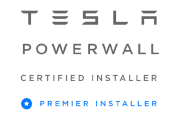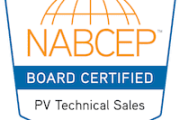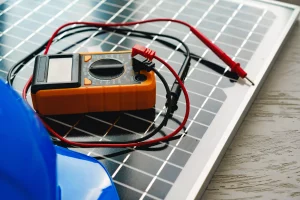 Many able and crafty people have enjoyed the do-it-yourself (DIY) label. Shows, websites, and social media show you how to do things you have never done before, or maybe you have always been a hands-on individual that likes to get in the mix.
Many able and crafty people have enjoyed the do-it-yourself (DIY) label. Shows, websites, and social media show you how to do things you have never done before, or maybe you have always been a hands-on individual that likes to get in the mix.
- If you are going to trust anyone, why not DIY home solar yourself? While DIY can be fun and grant the satisfaction of accomplishment, many advise against installing your solar PV system that way.
- Residential solar is a wonderful thing, so why invite the possibility of not harnessing this lucrative power effectively?
There are many hurdles and unforeseen challenges. However, to walk the line of objectivity, we will outline the pros and cons of solar DIY.
Pros of a DIY Home Solar
The DIY benefits that you hear the most about:
- It’s the cheapest way, and you’ll make more down the road.
- You have more options and decision power in DIY that you don’t get with solar contractors.
- You’ll know your system through and through, which will make you a better owner.
A DIY home solar system is indeed a cheaper option. You might only pay around $11,000 instead of almost $30,000 by not using a solar contractor, depending on the system size of course.
Given the average cost of installing solar panels is $16500, you can save on labor costs, pick the most economical equipment, pay as you go, and still take advantage of solar incentives.
You get to pick what solar panel brands you want, mix and match as you choose, and put the solar energy system where you want it. Not to mention how intimately familiar you will be with your system and can identify issues yourself. You can even save yourself from a bad solar contractor experience.
You can always learn from the internet if you don't understand something, right? Who needs a professional? These are excellent points and attract many people to the solar DIY strategy.
So, what are we missing? Why isn’t everyone doing residential solar installs themselves? Here are some questions you should ask yourself:
- Can you calculate your kWh usage by the hour and size your system correctly?
- Do you understand all the electricity concepts involved and can match the correct voltage, amps, etc. as needed?
- Do you know the correct orientation, angle, etc., that your panels need?
- Can you connect your system to the grid or battery backup?
- Do you know how to check the system to make sure it is working properly in a safe way for yourself and your home?
- Do you know what permits to obtain and who needs to inspect your home?
- Can you install the net metering system you’ll need?
Those are some questions you must answer just to start.
Even if you know some of these or feel you can learn, can you know enough to get your system’s optimal output to give you the best return on your investment? That’s one reason why people utilize solar contractors.
Read More:
Why Aren't My Solar Panels Producing 100%?
5 Steps To The Best Solar Company
Cons of Solar DIY Installation
While there are some benefits to DIY, solar systems are quite complex. Do-it-yourself solar introduces the burden of having to do a lot of research and possible trial and error. Not to mention, ensuring you meet your locality’s code enforcement.
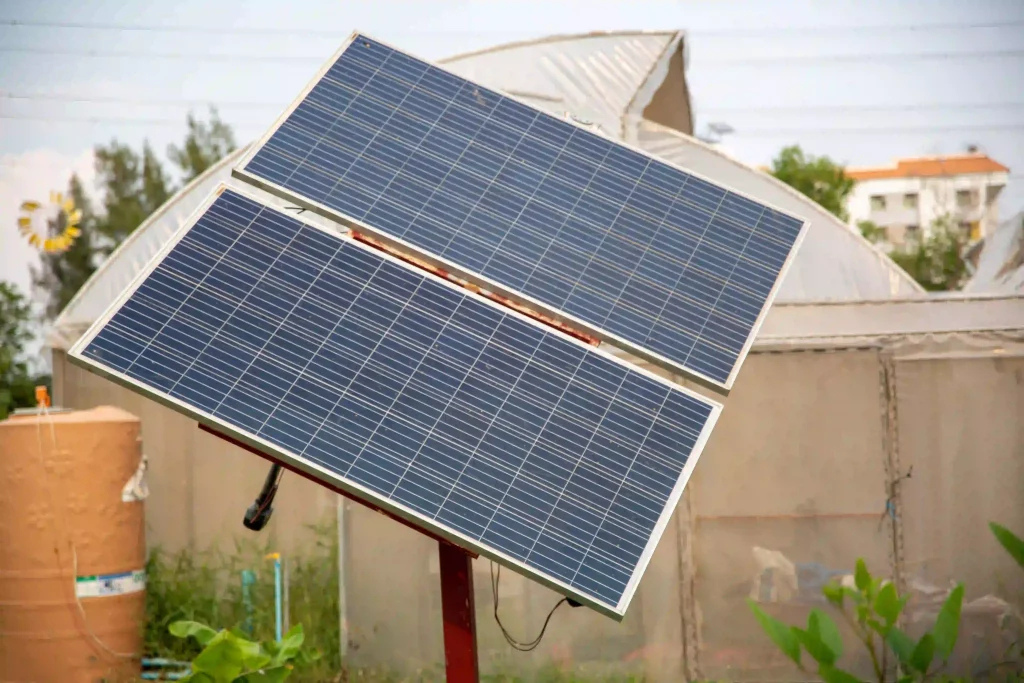
Besides just the know-how to install residential solar, there are a few more disadvantages to doing solar DIY:
- Physical strain to lift and install the equipment
- DIY home solar is not an option in every city
- Missing warranties and guarantees you get with a solar contractor.
- The danger of electrocution, home fire or wiring damage, falling, etc.
- Match wrong components that do not function properly or effectively together
- Insurance hurdles if you live in high wind areas
Solar energy is a wonderful technology, with a professional solar contractor is more reasonable and you get many benefits:
- Your solar energy system is in the best location working at maximum efficiency.
- You get the best return on your solar investment in the long run.
- No hidden or surprise costs, which often occur during DIY projects.
- Presented with options to select for customization of your solar panel system.
- Safety from harm or home roof damage with a craftsmanship warranty.
- Freedom from the time consumption on getting permits and the frustration of DIY home solar.
- Continued customer support through your solar panel system's extended period of life.
Using an experienced solar contractor gives you the best bang and system for your buck.
You will get the experience and know-how to tap into every money-saving incentive possible, maximize your savings with the utility company, and get a top-performing system that can provide all your power needs.
At Option One Solar, the choice is clear, and we can help you assess your options to make the best choice. Most DIY starters end up with a solar contractor eventually. Save yourself time and money. Let us help.


